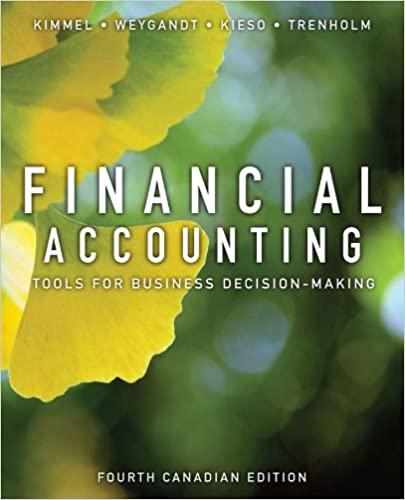






Required information (The following information applies to the questions displayed below.] Warnerwoods Company uses a perpetual inventory system. It entered into the following purchases and sales transactions for March Units Sold at Retail 390 units @ $88.60 per unit Date Activities Units Acquired at Cost March 1 Beginning inventory 230 units @ $53.60 per unit March 5 Purchase 290 units @ $58.60 per unit March 9 Sales March 18 Purchase 150 units @ $63.60 per unit March 25 Purchase 280 units @ $65.60 per unit March 29 Sales Totals 950 units rev: 05_26_2021_QC_CS-265380, 07_10_2021_QC_CDR-376 260 units @ $98.60 per unit 650 units Required: 1. Compute cost of goods available for sale and the number of units available for sale. Cost of Goods Available for Sale Cost per Cost of Goods # of units Unit Available for Sale Beginning inventory Purchases: March 5 March 18 March 25 Total Soronchot Required information [The following information applies to the questions displayed below.) Warnerwoods Company uses a perpetual inventory system. It entered into the following purchases and sales transactions for March Units Sold at Retail Units Acquired at Cost 230 units @ $53.60 per unit 290 units @ $58.60 per unit Date March 1 March 5 March 9 March 18 March 25 March 29 390 units @ $88.60 per unit Activities Beginning inventory Purchase Sales Purchase Purchase Sales Totals 150 units @ $63.60 per unit 280 units @ $65.60 per unit 260 units @ $98.60 per unit 650 units 950 units 2. Compute the number of units in ending inventory. Ending inventory units Saroonchot Required information Perpetual FIFO: Cost of Goods Sold Cost per Cost of Goods Sold unit Date Goods Purchased Cost per # of units unit # of units sold Inventory Balance Cost per Inventory # of units unit Balance 230 at $ 53.60 = $ 12,328.00 March 1 March 5 Total March 5 March 9 Total March 9 March 18 Total March 18 March 25 Total March 25 March 29 Total March 29 Totals Perpetual FIFO Perpetual LIFO > Soronchot Required information Perpetual FIFO Perpetual LIFO Weighted Average Specific Id Compute the cost assigned to ending inventory using LIFO. Perpetual LIFO: Cost of Goods Sold Cost per Cost of Goods Sold unit Goods Purchased Cost per # of units unit Date # of units sold Inventory Balance Cost per Inventory # of units unit Balance 230 at $ 53.60 $ 12,328.00 March 1 March 5 Total March 5 March 9 Total March 9 March 18 Total March 18 March 25 Total March 25 March 29 Total March 29 Totals Soronchot Required information Complete this question by entering your answers in the tabs below. Perpetual FIFO Perpetual LIFO Weighted Average Specific Id Compute the cost assigned to ending inventory using weighted average. (Round your average cost per unit to 2 decimal places.) Weighted Average Perpetual: Cost of Goods Sold Inventory Balance Date Goods Purchased Cost per # of units unit Cost per # of units sold Cost per unit Cost of Goods Sold # of units unit 53.60 Inventory Balance $ 12,328.00 March 1 230 at $ March 5 Average March 5 March 9 March 18 Average March 18 March 25 Average March 25 March 29 Totals Coroanchot 280 units March 25 March 29 @ $65.60 per unit Purchase Sales Totals 260 units @ $98.60 per unit 650 units 950 units 3. Compute the cost assigned to ending inventory using (a) FIFO, (b) LIFO, (C) weighted average, and (d) specific identification. For specific identification, units sold include 130 units from beginning inventory, 260 units from the March 5 purchase, 110 units from the March 18 purchase, and 150 units from the March 25 purchase. Complete this question by entering your answers in the tabs below. Perpetual FIFO Perpetual LIFO Weighted Average Specific Id Compute the cost assigned to ending inventory using specific identification. For specific identification, units sold include 130 units from beginning inventory, 260 units from the March 5 purchase, 110 units from the March 18 purchase, and 150 units from the March 25 purchase. Ending Inventory Specific Identification Goods Available for Sale Cost of Goods Sold Cost of Goods Cost per # of units Cost per Cost of # of units unit Available for sold unit Sale Date # of units Cost per unit Goods Sold in ending Ending Inventory inventory March 1 March 5 March 18 March 25 Total













